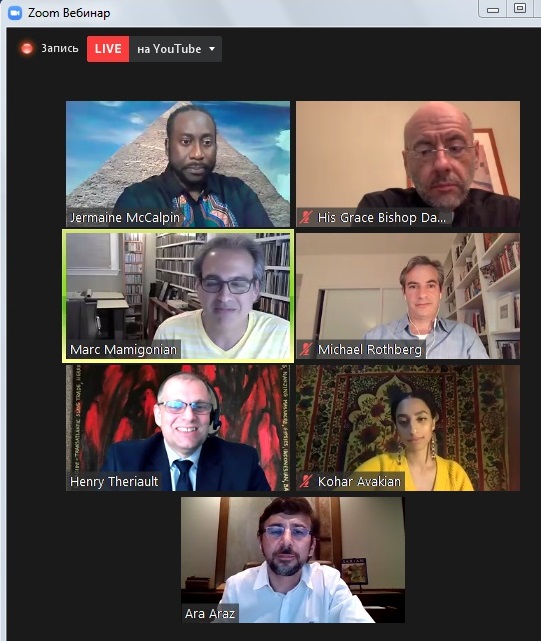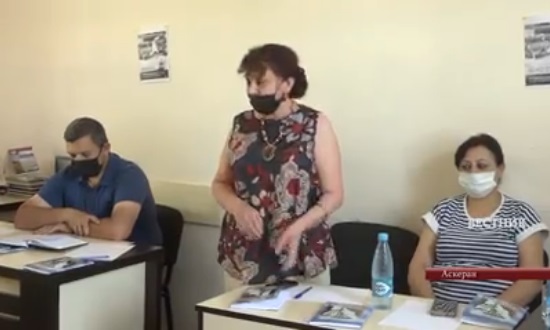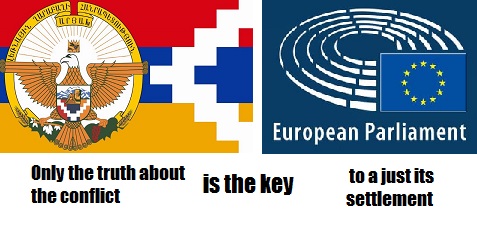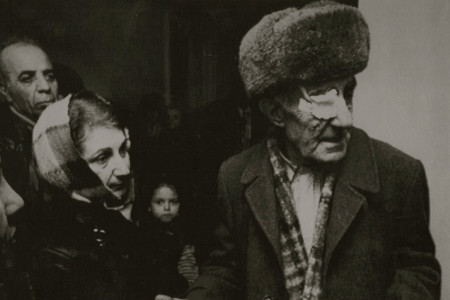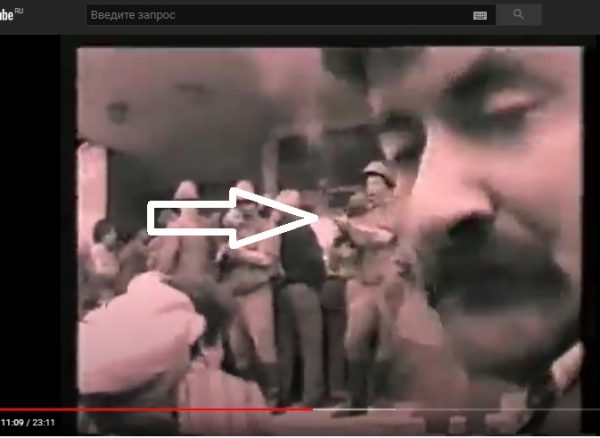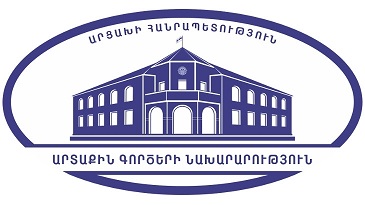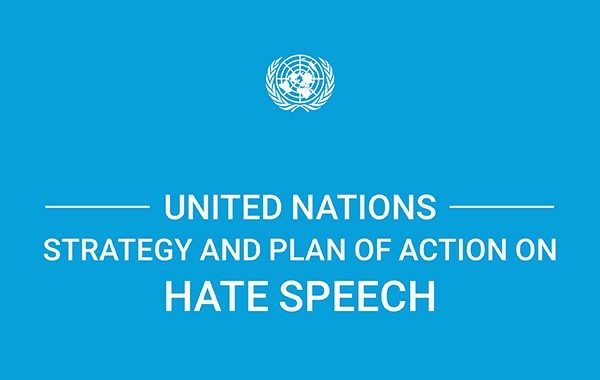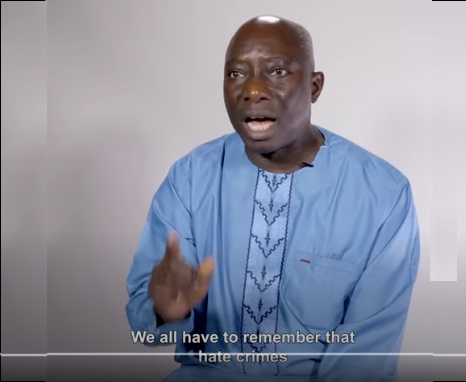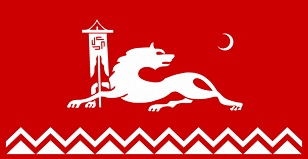Black List – Reading List for Social Change
Prepared by Jermaine McCalpin and Damion K. Blake* The list that follows is meant to provide some important texts for anyone who is interested in having a robust understanding of history, politics, philosophy. It does not claim to be authoritative or complete. Rather, it represents some helpful sources for the compilers who hope that it will be a useful in understanding the contemporary, global and American developments in light of history and its role in social and political change.
